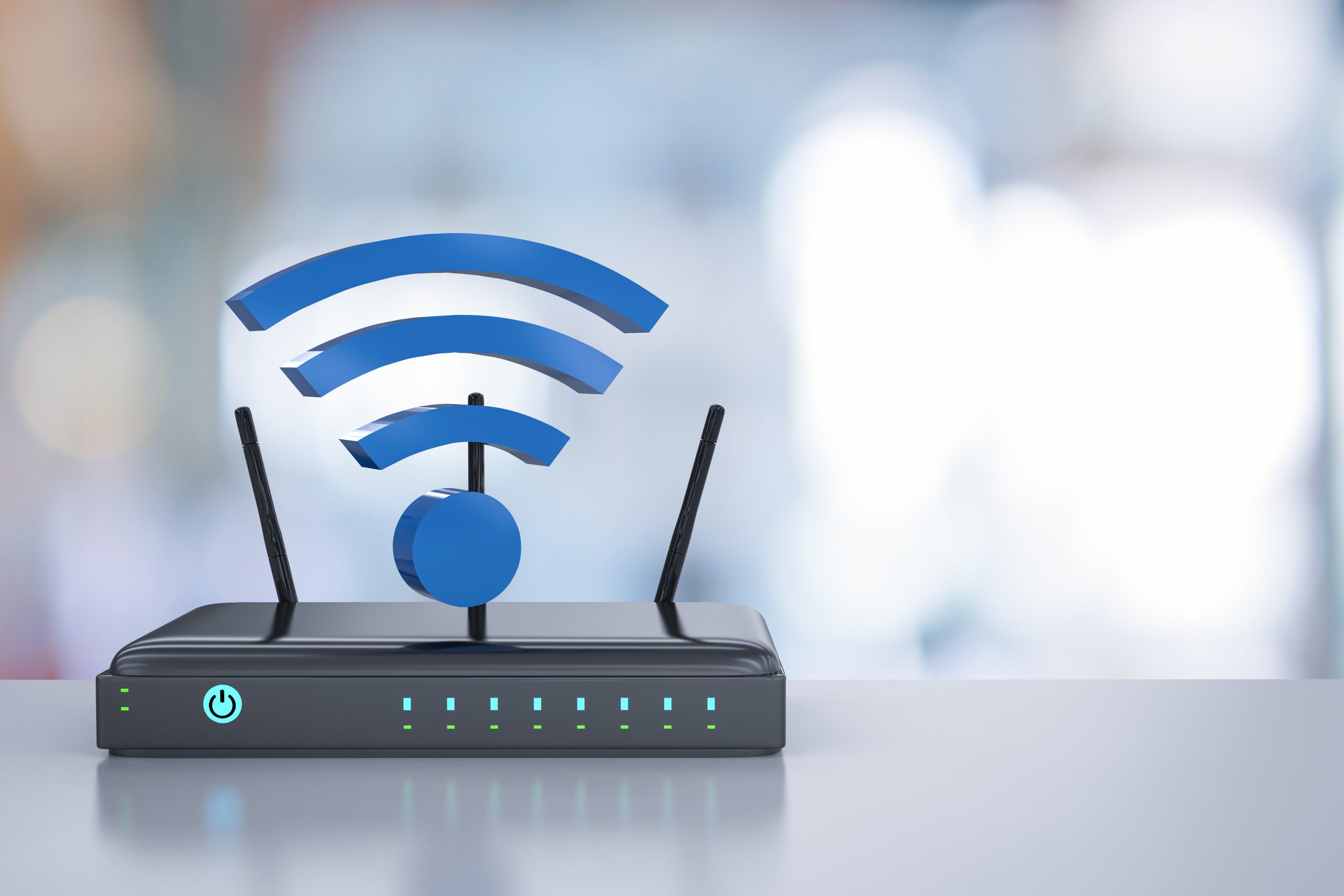Working in an all VoIP world means any type of internet connection can be a voice phone line. There are a few different ways to access the internet:
- Ethernet – a fixed low voltage connection that connects a device (computer, VoIP phone, printer, etc.) to a network that connects to the internet. Ethernet is the most reliable way to connect to the internet.
- Long Term Evolution (LTE) – also referred to as 4G (4th generation) wireless broadband, LTE is the technology used to connect mobile devices to their mobile service provider. Also, very reliable, LTE does not need a network connection to a router to connect to the internet.
- Wireless Fidelity (WiFi) – a wireless network that allows devices to connect to the internet. WiFi is like ethernet (and different from LTE/4G) in that WiFi has to connect to a larger network and router to connect to the internet. And, as the name implies, you don’t need a wired connection to access the internet.
What are the Benefits to WiFi Calling?
Untethered Calling- Before WiFi calling and before smartphones, if you wanted to get onto the internet for phone calling a VoIP phone had to be physically connected to a network. For this to happen cabling had to be installed. While a computer and VoIP phone can share a cable some businesses wanted their phone and networks physically separated which added cost. WiFi calling changed that restriction. With a WiFi connection and a softphone, VoIP calling was not tethered to a cable.
Cost- Once your WiFi network coverage is set up and you’ve got access to the internet there is no more additional cost for phone calling (unless your provider charges you for certain calls, like international long distance calling). This also makes WiFi calling much cheaper than most cellular calls.
Coverage- WiFi hotspots that allow people to access the internet in public places like cafés or restaurants are growing at a phenomenal rate, nearly quadrupling to 362 million in 2019 in just 3 years. Along with great broadband access, you save the expense of using your cellular service for phone calls and texts, and extends the battery life of your smartphone.
Call Quality- In areas where cellular coverage is weak WiFi calling can improver call quality.
What are the Disadvantages of WiFi Calling?
Poor Signal Strength- WiFi hotspots in crowed public places like hotels, airports, and sports arenas can get overloaded with users. When this happens the demand for bandwidth slows the network. This is particularly bad for any streaming service like WiFi calling.
Device Compatibility- WiFi Calling is a relatively new technology. For WiFi to work on your smartphone the phone needs to have WiFi calling capability.
Bandwidth Requirement- You may have an excellent WiFi connection, but the speed of your connection to the internet is really slow then those VoIP phone calls may suffer quality issues. Video calls will most likely suffer as they require more bandwidth.
What’s the Difference Between Wifi and LTE/4G?
It’s very easy to confuse 4G and WiFi. They are after all wireless technologies, but there are some important fundamental differences.
| Feature |
WiFi Calling |
LTE/4G |
| Coverage Area |
Limited to a relatively small, local serving area. |
Typically nationwide in service area covered. |
| Broadband Speed |
Continued improvement in WiFi technology has gotten connectivity speeds up to 1Gbps. Newer WiFi technology is offering up to 10Gbps. |
Currently up to 1Gbps, but with the adoption of next generation 5G speeds could be as fast as 10Gbps. |
| Cyber Security |
Security is only as good as the supporter of the WiFi network. Often this is a non-technical person. Wifi should be assumed to have little or no security. |
Security is supported by the cellular carriers (T-Mobile, AT&T, Verizon) as they have an incentive to protect customer data. No device is 1005 protected from cyber-attack, but LTE/4G does a much better job. |
| Ease of Deployment |
WiFi networks require a wireless access point (WAP) for network configuration and it has to be connected to a device, usually a network router and firewall for connectivity to the internet. |
Smartphones today are very intelligent devices and do not require any additional pieces of equipment to connect to the internet, other than the cell tower itself. |
WiFi will always be a critical in the VoIP world because of the freedom it gives users on a local network. It can help make local networks run more efficiently and will reduce the cost to deploy a local network.
Knowing WiFi’s limitations and setting the right expectation for Wifi call coverage is key.
Contact us today to learn more about Wifi for your business.




